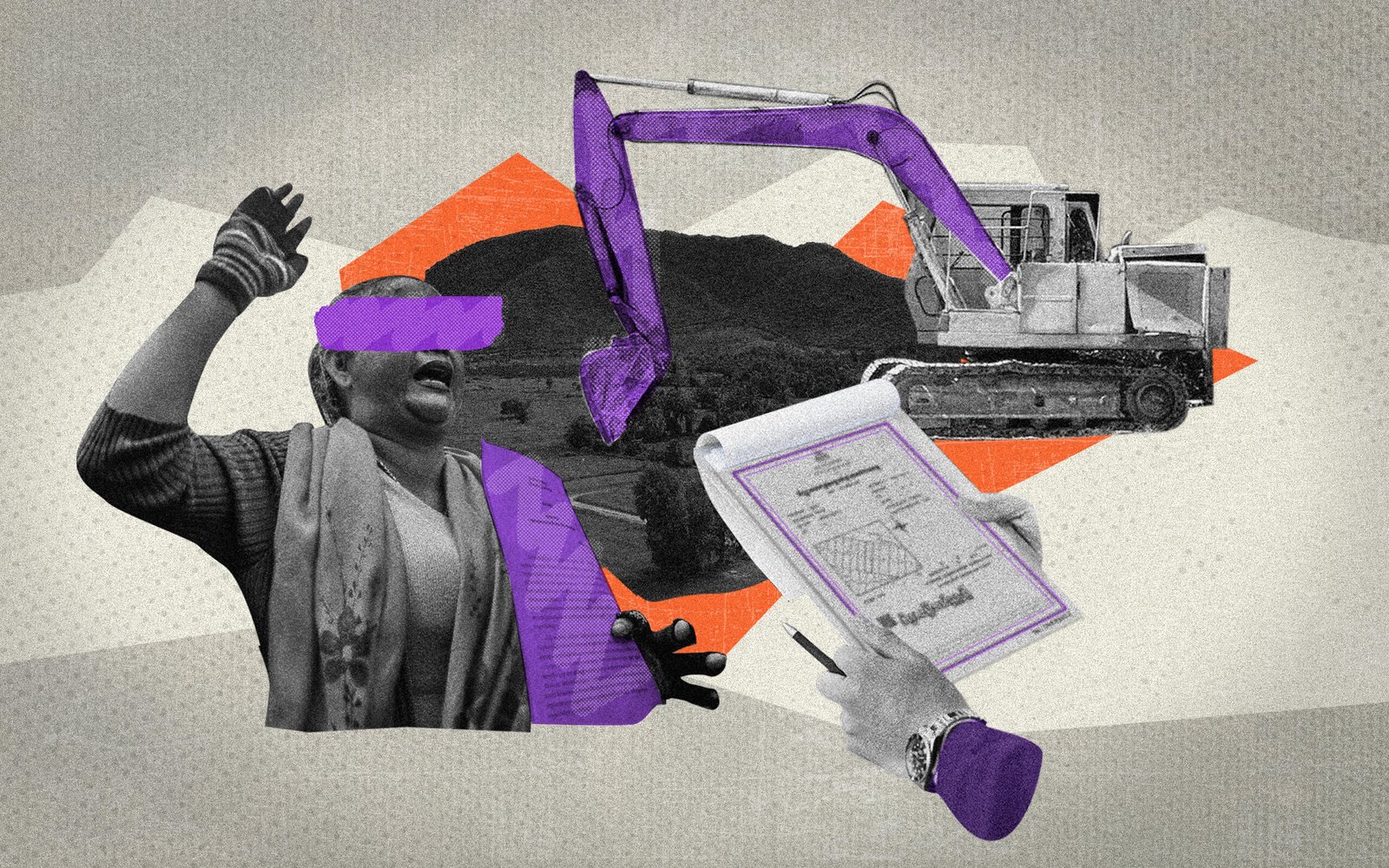Land ownership in Cambodia is not as simple as paying for a deed. The strength of a person’s claim to land depends on the kind of land title they have and which government office granted it.
Under the current system it’s often impossible to answer even the simplest question: Who owns this land? Official cadastral data is not public in Cambodia, even at the national level, unless a land transfer is published in the Royal Gazette. Land ownership, distribution and titling happen with effectively no transparency.
Land titles come in two types:
- Soft titles, or a title deed signed by a commune- or district-level official. Real estate companies roughly estimate that 85% of landowners use soft titles, and this seems to be particularly common among rural and lower-income landholders.
- Hard titles, or a title deed on file with the Land Management Ministry in Phnom Penh. Hard titles that are registered in the government’s “Land Management and Administration Project” (LMAP) titling database have confirmed geographic coordinates, ensuring stronger claims when conflicts arise.
The government, development partners and real estate industry have all made efforts to verify land ownership and modernize Cambodia’s mapping system via the LMAP program. But these attempts effectively created a new system where wealthy and connected individuals can take advantage of low-income landholders, who often don’t have the power or social placement to affirm their rights. For example, residents who received land through a nationwide titling effort spearheaded by the World Bank have been denied their residency rights by provincial officials, while residents in Phnom Penh’s Chbar Ampov district with long-standing claims said they didn’t have the resources or time to gain hard titles before a major company like Borey Peng Huoth swooped in with titles to claim the land.
According to the Land Law, anyone who can show they’ve occupied the same space since 1996 is entitled to land ownership. But the law fails to describe what documents or proof a landholder needs to make their claim. (See here for more information on how the Land Law impacts disputes.)
The lack of clarity leaves individuals and families at a disadvantage against companies with resources and connections to get land titles. Most realtors encourage buyers to pursue a hard title, because it provides the most irrefutable proof of ownership. They also advise that potential buyers verify the previous ownership of their land, though it’s unclear how much the Land Ministry requires this process. Foreigners cannot legally own the majority share of a plot of land, so the main path to land ownership is getting citizenship — often implying that foreigners who own land have connections in the government or made large enough investments to confer Cambodian nationality.
Obtaining a soft title takes less time, costs less and doesn’t require a trip to Phnom Penh, making it a common choice for buyers of small and large plots alike. But possessing a soft title is sometimes not enough for a person to prove ownership, and private owners and companies have dug reservoirs and strung up fences where existing residents had only soft titles or were in the process of applying for one. The buyer whose land title is registered with the state will likely win out.
Yet upgrading to a hard title is not straightforward. Although the process of transferring a land title to a new owner is well-documented online by realtors and law firms, no public guide exists for those looking to confirm their ownership at the national level. Low-income land claimants say the process of getting a hard title with an initial purchase, or upgrading their soft title to hard, is onerous and prohibitively expensive.
Soft titles still carry some weight, sometimes to claimants’ disadvantage: Banks take them as collateral for loans and have enforced microfinance debts on such land. This has happened even in areas that are technically state land, such as in Siem Reap’s Angkor Archaeological Park. Residents who are being evicted from the Unesco-listed historical site have demanded titles as part of their compensation packages, and have continued to protest when they are not delivered on time. Disputes have also persisted at Phnom Penh’s new airport site over similar issues.
The government has two different councils to respond to land conflicts: One for land disputes that are being added to the government’s land registry and another for general land disputes.
The first is an administrative council that is linked to land registrations, and the second is a series of cadastral commissions starting at the district level and rising to the provincial and national levels.
A community is expected to file their land dispute to their district-level cadastral commission, but the Cambodian Center for Human Rights wrote in 2014 that these mechanisms were not frequently used because disputants weren’t sure where to file their cases, and the cadastral commission failed to deliver just and timely decisions, especially on complex cases.
Disputants can take the case to court if the conflict can’t be resolved by those bodies. Prime Minister Hun Sen also sometimes sends an adviser or a son to calm residents over some major disputes.
Overall, the haphazard system for land titles raises numerous questions when examining land conflicts: Before making a purchase, are new buyers checking who is using their land and what their claim is? Is the government sharing information between the local and national levels? What would a low-income resident have to do to claim the land they’ve occupied for decades?
Click here to explore our ongoing database of land disputes.

